Want to know the best toys to encourage imaginative play? This month’s Good Play Guide will answer all your questions!
Toys to support a child’s imaginative play
From donning a Spider-Man costume to mimicking a day at ‘work’, children can often be found immersed in imaginative role play, and while these moments might just seem like simple games, they are actually an extremely important part of childhood development.
Children possess a sense of wonder and imagination that knows no bounds, and role playing and dressing up provides them with a canvas to explore this imagination, allowing them to step into different worlds, assume different roles, and unleash their creativity. It is also a way for them to practise for different situations in life, and an opportunity to make sense of events they may have experienced.
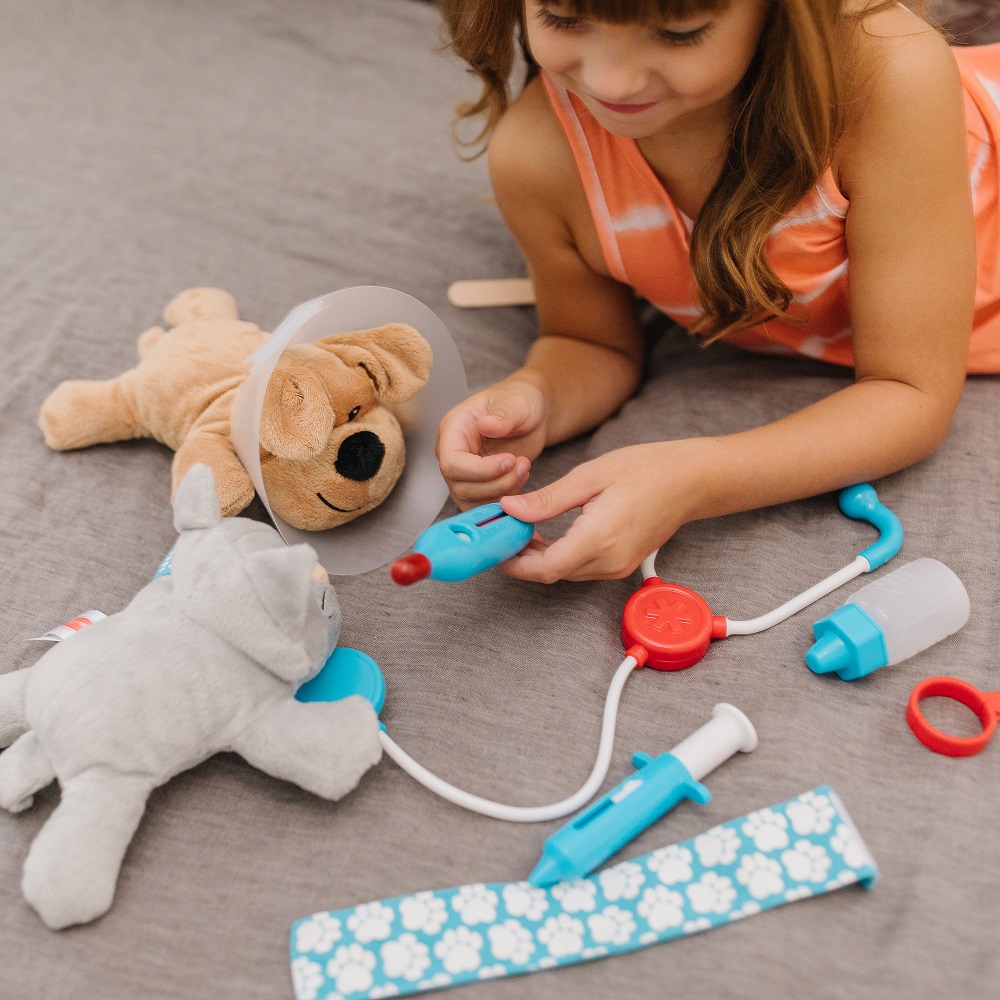
The different types of role play
Role play can take a number of different forms, including the following:
- Real-life situations – pretending to be at school, hosting a tea-party, going shopping etc.
- Fantasy – becoming a princess, superhero, pirate etc.
- Occupational – pretending to be a doctor, scientist, zoo keeper etc.
- Disassociated, toy-based play – this is where a child uses toys such as action figures, puppets, dolls etc to roleplay.
So whether your child decides to pretend to be a teacher or a firefighter, go shopping or take on the ‘baddies’, let’s look at why this type of play is so beneficial for them;
• Development of Empathy:
Engaging in role play gives children the opportunity to put themselves in others’ shoes and explore different perspectives. As they pretend to be different characters, or act out different scenarios with figures or dolls, they develop empathy, a deeper understanding of emotions and how to interact with others. Pretending to be a parent, a teacher, or even a robber teaches them to consider the feelings and needs of others.
• Language & Communication Skills:
As a child role plays with others, they are communicating, and if they role play alone, they often still include a dialogue as they play. They might express their thoughts and feelings or talk about what they are doing as they play. This process enhances their vocabulary, sentence structure and ability to hold a conversation. They learn how to express themselves clearly, listen actively and respond appropriately, which are all vital skills that lay the foundations for good communication.
• Problem Solving & Critical Thinking:
When children are role playing, they often encounter situations that require creative problem solving. As they navigate the scenarios they’ve set up, they learn to think critically, adapt to unexpected challenges, and develop solutions on the spot, such as finding a way to rescue someone from a burning building or acting out a story about witches and wizards with lots of twists and turns.
• Building Self-Confidence
Role play empowers children to step into roles they might not otherwise have the chance to experience. They can also experiment and test boundaries which helps to build confidence and self-esteem, as does the positive feedback and encouragement they receive from peers and parents as they play.
• Social Development & Cooperation
Role play often involves collaborative play, helping children learn to negotiate, share ideas, and work together towards a common goal. They practise taking turns, resolving conflicts, and compromising – essential skills for navigating social situations in everyday life.
• A Safe Space for Emotions
Children can use role play as a way of expressing emotions they may find difficult to articulate, such as frustration, fear, excitement. They can act out their feelings through their chosen characters, which allows them to process and explore their emotions in a safe and non-threatening way.
• Supporting Cognitive Development
When children engage in role play activities, pretending to be someone else, or creating a made up scenario, they have to remember things about their character, make up stories, and keep their make-believe world consistent. This kind of play helps them get better at remembering, paying attention for longer, and doing more than one thing at a time.
• Cultural & Historical Understanding
Through role play, children can explore different cultures and historical eras. They can become knights from medieval times, ancient explorers, or people from different countries and cultures. This encourages curiosity about the world around them and an appreciation for diversity. It also opens the door to discussions about history, geography, and social dynamics, helping to grow childrens’ knowledge and understanding.
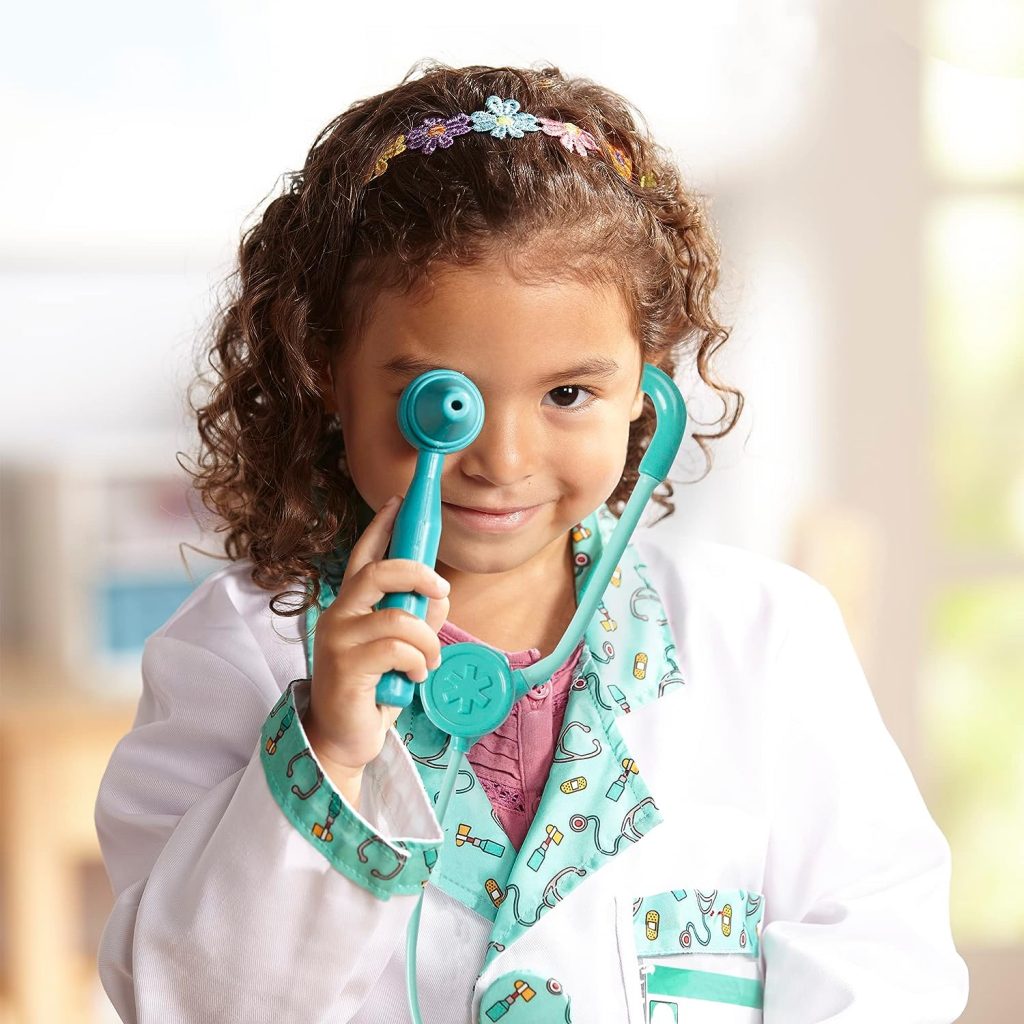
Tips for Encouraging and Enhancing Role Play
- Create a play-friendly environment: If you have the room, designate a space in your home where your child can experiment freely with dressing up and role play without constraints.
- Provide a variety of props: Keep a collection of costumes, props, and accessories to keep dressing up interesting. Costumes don’t have to be bought; use things you already have in the house such as old hats, scarves, glasses, bags, jewellery, even swimming goggles! A wide variety will encourage your child to explore different roles and scenarios.
- Rotate toys and props: Rotating what your child has available to play with keeps play fresh and exciting. So don’t have all of their toys accessible all of the time; mix it up to prevent monotony and keep your child interested in playing in imaginative ways.
- Join in the fun: Getting involved in your child’s role play can be fun and a great bonding experience for you both. If your child needs encouragement to dress up or explore imaginary worlds, you could well be the inspiration they need – if they see mum or dad pretending to be a superhero, they’re more likely to do it too!
- Ask open-ended questions: Encourage your child to share their ideas, stories, and plans related to their role play by asking open-ended questions. This will inspire their creativity and encourage them to think more deeply about their play.
- Celebrate their ideas and creativity: Praise and acknowledge your child’s efforts as they roleplay – positive reactions will boost their confidence and reinforce the importance of their play.
Dress Up and Role Play Products Recommended By the Good Play Guide
Dr Gummer’s Good Play Guide is an independent, expert organisation, dedicated to ensuring every child develops the skills they need to thrive during a happy healthy childhood.
Founded by child development expert Dr Amanda Gummer in 2012, the Good Play Guide provides independent, expert accreditation for children’s products. And is a trusted resource for parents and gift-givers alike.
All Good Play Guide reviews are independent and based on real feedback from children, parents, and childcare professionals. Our experts review and rate each product using the five-star system below!
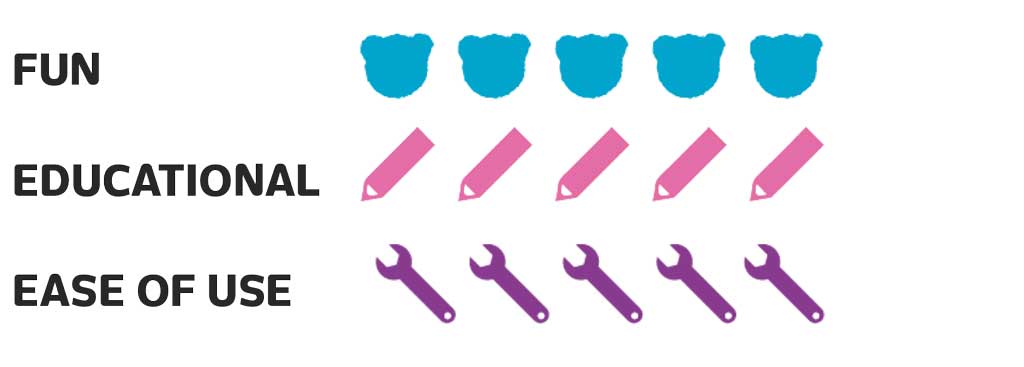
There are so many fantastic Good Play Guide accredited dress up and role play products – here’s a selection:
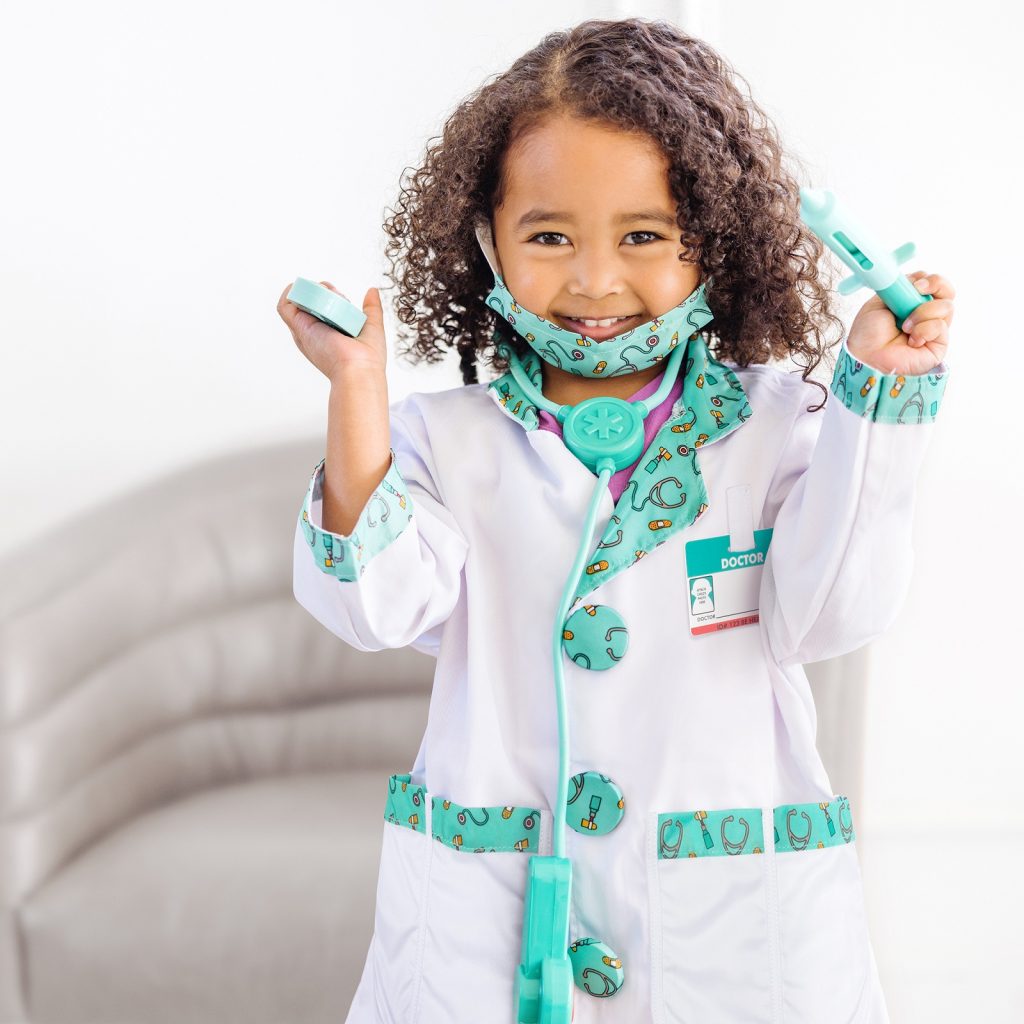
Doctor Role Play Costume Set
Price: £29.99
Age: 3+ years
The doctor will see you now! This role play outfit has everything an aspiring doctor needs to check up on their patients. With authentic details, these role-play accessories encourage exciting pretend play for your little medical expert!
The costume set helps promote narrative thinking and creative expression, along with independent and cooperative play.
What Our Experts Think:
Our testers were excited to start playing with the costume set. It was fun to watch them jump into the role of doctor, nurse, and/or patient when playing with peers. They inherently fused real-world experiences with their role playing.
The realistic yet playful costume set and toy medical tools encouraged and fostered acting and storytelling. Further, it supports increasing their familiarity with the process of being examined by a doctor which can increase their comfort and cooperation levels when they are required to visit a doctor or school nurse.
Read more about the Doctor Role Play Costume Set on the Good Play Guide.
Good Play Guide Rating:
Fun: 4/5

Educational: 4/5

Ease of use: 5/5

Pretend and Play Post Office Set
Price: £44.00
Age: 3 – 7 years
The Post Office Play Set encourages role-play by allowing children to weigh, sort and stamp letters and parcels as customers exchange travel money, apply for licenses and check the notice boards.
The set features over 150 pieces that develop a range of key learning skills like dealing with money, counting and weights.
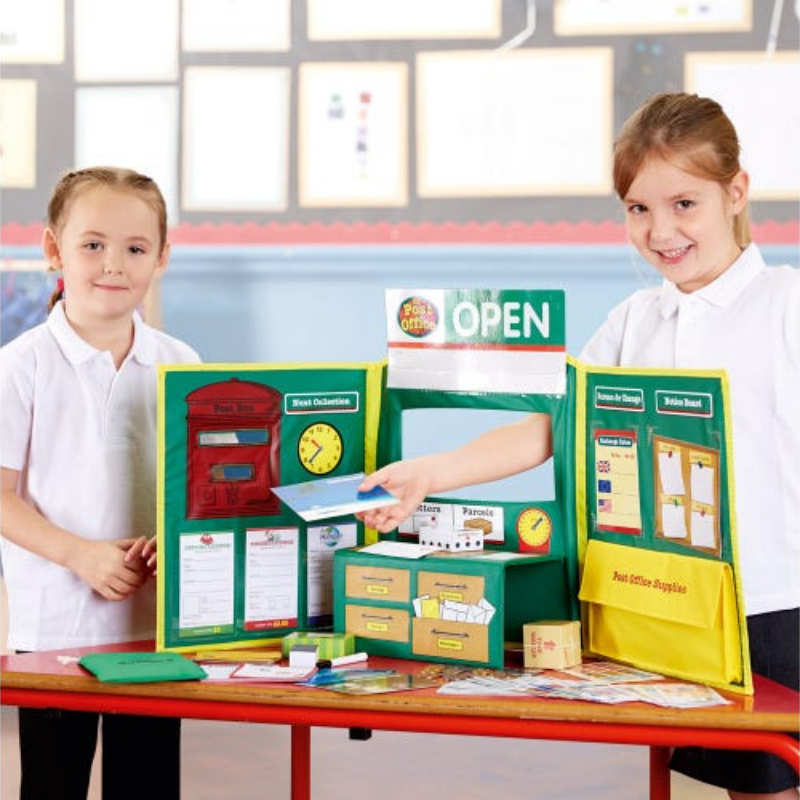
What Our Experts Think:
The Post Office Play Set kept our testers very busy. They enjoyed ‘writing’ letters, putting them into envelopes, buying stamps, putting letters into the post box, and collecting them in the post bag; all great for developing fine motor skills and strengthening the muscles in their hands. The ‘money’ included encourages early maths; counting, paying, and getting change.
The testers were really immersed in their imaginative role play, which is really important for them to understand the world around them and to encourage communication, which helps to build vocabulary and social skills.
Read more about Pretend and Play Post Office Set on the Good Play Guide.
Good Play Guide Rating:
Fun: 5/5

Educational: 4/5

Ease of use: 3/5

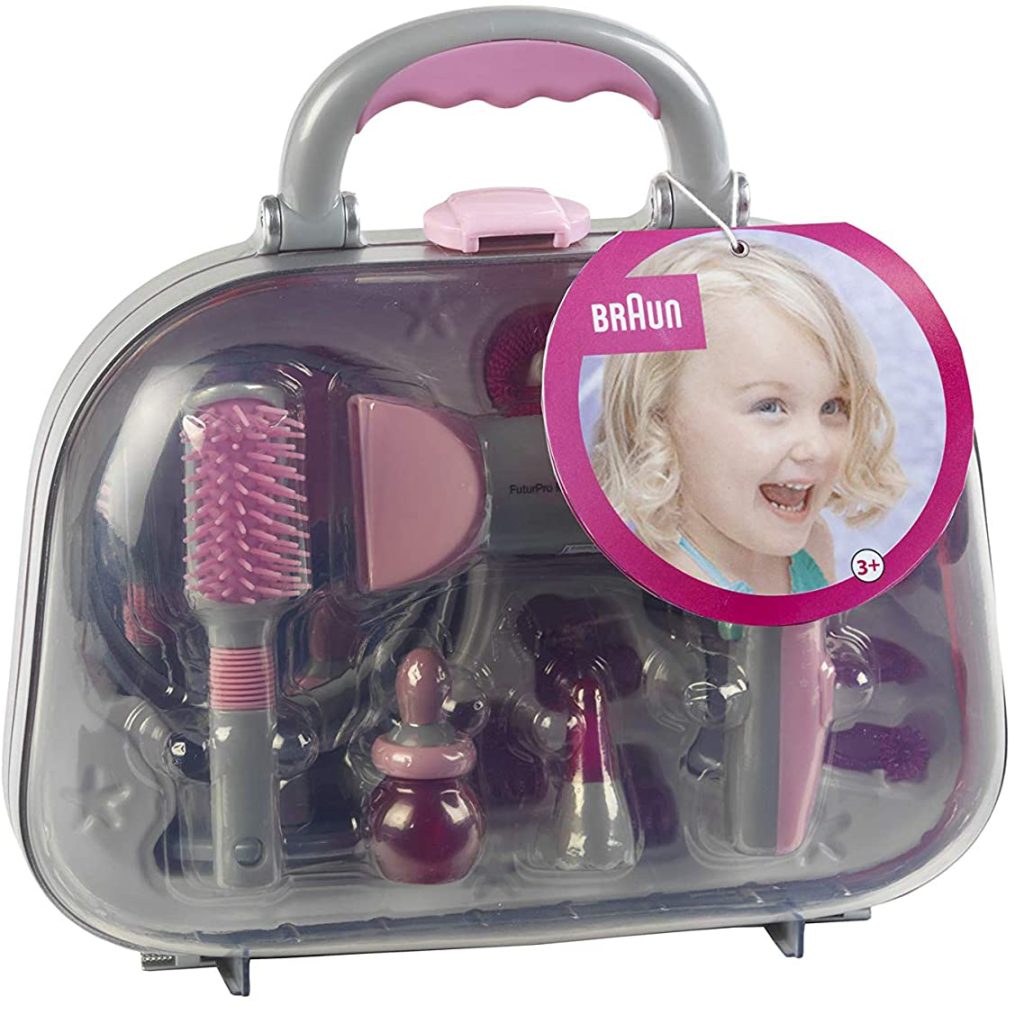
Hair Styling Case with Braun Hair Dryer and Accessories
Price: £24.99
Age: 3+ years
Learn how to style and create the most beautiful hairstyles with the Braun hair styling case!
What Our Experts Think:
This play hair styling set was very popular with our testers and was great for encouraging imaginative role-play – the superfood of the balanced play diet. The children set up their own hairdressers, even adding an ‘open/closed’ sign! Taking turns using the hairdresser and swapping places to be the client or stylist encouraged sharing and cooperation.
It was also lovely to see the playset being used as a means of encouraging children to start conversations with their peers.
Read more about the Hair Styling Case with Braun Hair Dryer and Accessories on the Good Play Guide.
Good Play Guide Rating:
Fun: 4/5

Educational: 3/5

Ease of use: 5/5

Examine & Treat Pet Vet Play Set
Price: £26.99
Age: 3+ years
This toy was recognized by toy experts at the Good Housekeeping Institute for how it helps kids develop empathy.
The 24-piece collection for aspiring veterinarians three and older comes with two adorable plush pets (a dog and a cat), and accessories galore.
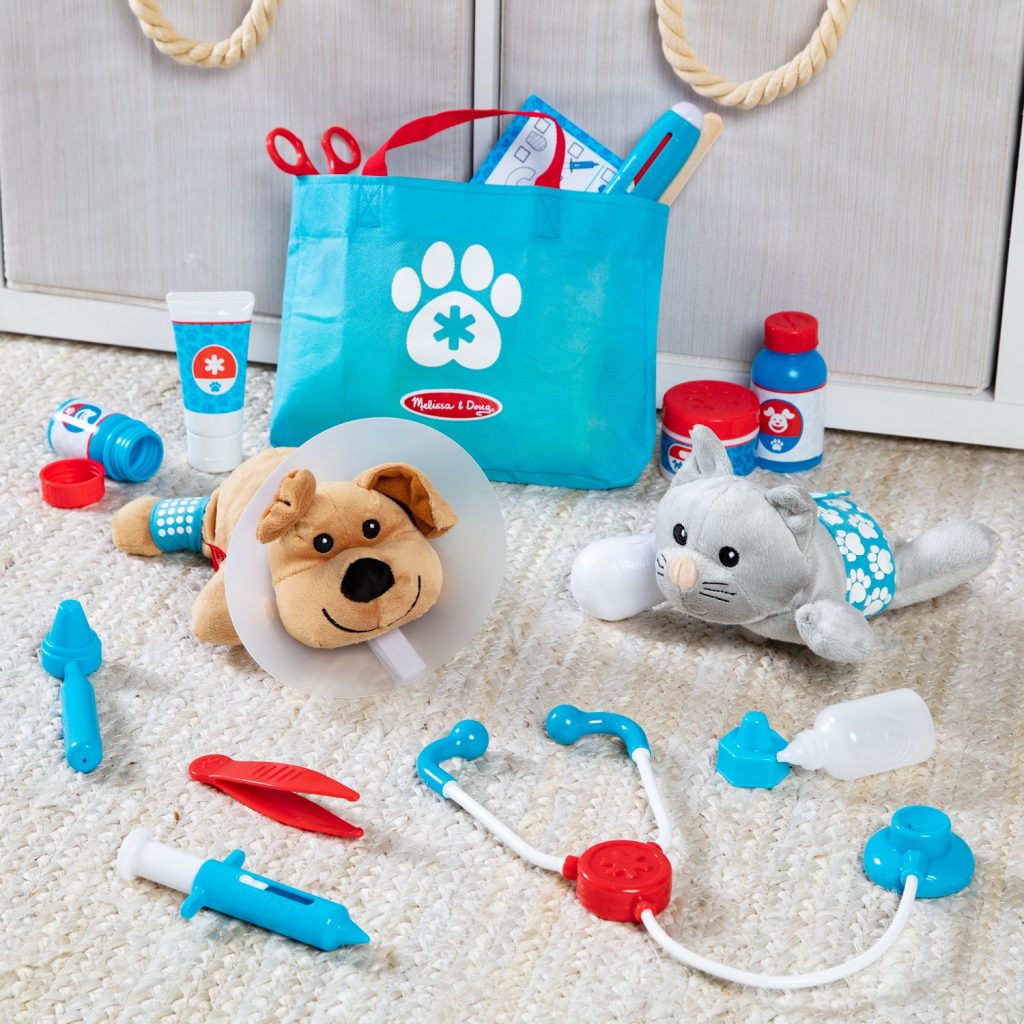
What Our Experts Think:
The children found the package very appealing, they immediately started playing with it, taking on the role as a veterinarian or pet owner examining the animals or diagnosing an injury. The animals in the play set are well made and a good size for a home or daycare setting.
The play set can help increase physical skills, language, social skills, and thinking. Children can also benefit from role-playing with their peers, for example, they learn new vocabulary by pretending to be caregivers, as well as pairing the objects’ names with their functions or purposes.
Read more about Examine & Treat Pet Vet Play Set on the Good Play Guide.
Good Play Guide Rating:
Fun: 4/5

Educational: 4/5

Ease of use: 4/5

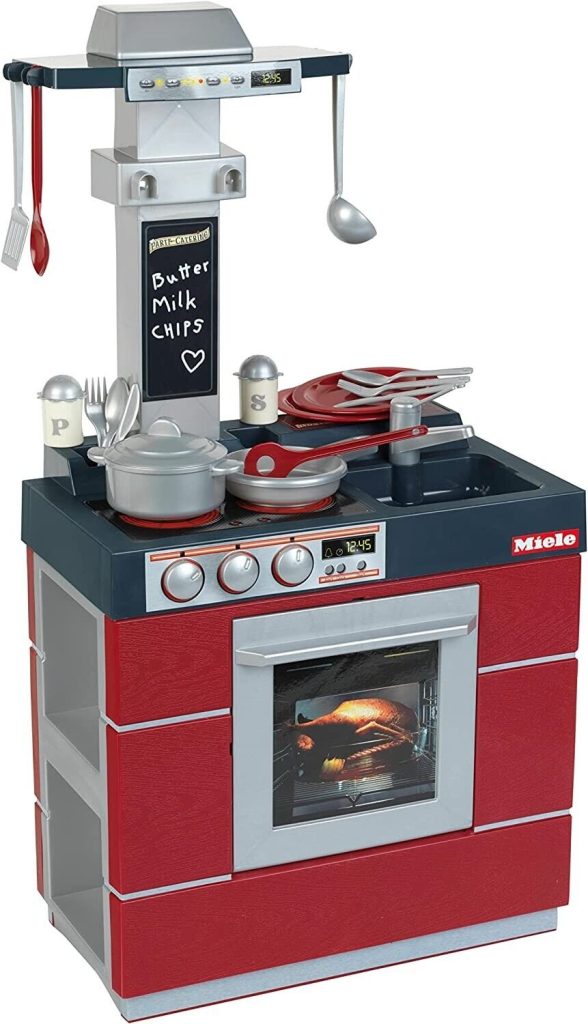
Miele Kitchen Compact
Price: £43.99
Age: 3 – 5 years
A compact role-playing kitchen set for any budding young chef.
What Our Experts Think:
What our experts think:
The Miele Kitchen playset is ideal for encouraging lots of make-believe play, which is the superfood of a healthy play diet. The children enjoyed pretending to bake cakes and setting up their own cafe. When children copy life skills they have seen such as cooking, serving food and washing up, it teaches them so much about the world around them, building their confidence and independence.
Imaginative play also builds creativity and storytelling skills which are fantastic for helping children to progress their communication and writing in school.
Read more about Miele Kitchen Compact on the Good Play Guide.
Good Play Guide Rating:
Fun: 4/5

Educational: 4/5

Ease of use: 4/5

Barbie Doll
Price: £13.99
Age: 4+ years
With Barbie, you can be anything. Barbie dolls have been inspiring fun and imagination for decades, captivating the hearts of children and collectors alike.
With their wide range of dolls, toys, and accessories, Barbie offers endless opportunities for exciting adventures and storytelling.
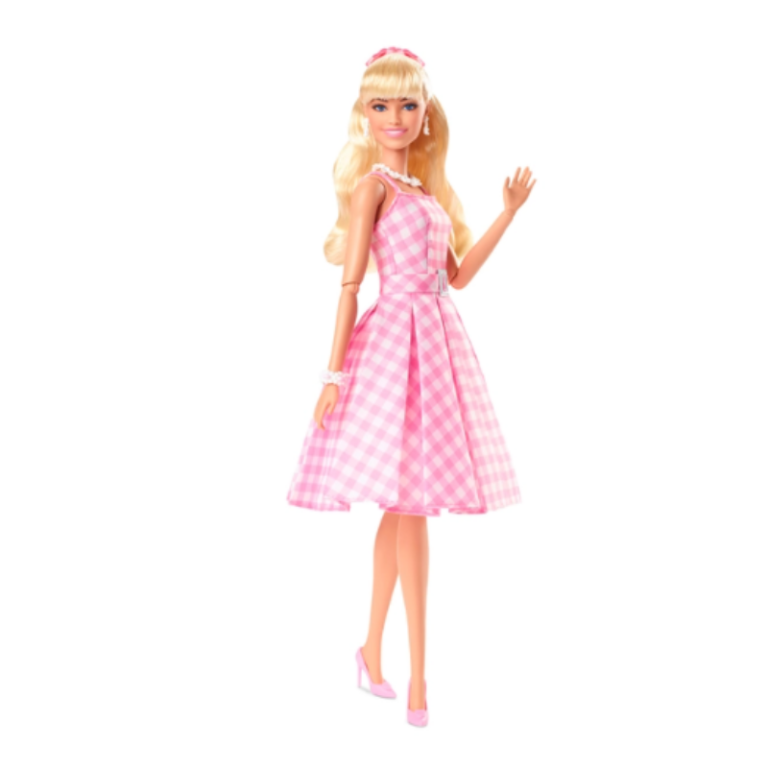
What Our Experts Think:
Barbies are instantly recognisable and the children were keen to start playing. As they played the children excitedly spoke to each other about what they were doing and began to make up imaginative stories. Playing with dolls helps children to develop social skills and encourages them to talk about their emotions and encourages them to consider how others are feeling.
This kind of play also gives children the chance re-enact what they have seen in real life and ‘rehearse’ for different scenarios they may encounter in the future. The addition of more relatable and inspiring dolls to the Barbie range, such as a fire fighter, footballer, and astronaut, encourage and inspire children to think and talk about their futures, jobs and aspirations.
Read more about Barbie Doll on the Good Play Guide.
Good Play Guide Rating:
Fun: 5/5

Educational: 4/5

Ease of use: 5/5

In Conclusion
By encouraging your child to immerse themselves in imaginative role play, you are giving them a special place to explore and learn.
Playing in this free way will help them to develop core skills they will need to thrive in life, such as communication, problem solving, empathy and conflict resolution, to name but a few. So, who or what will your child pretend to be today…?
Featured Image by cottonbro studio

